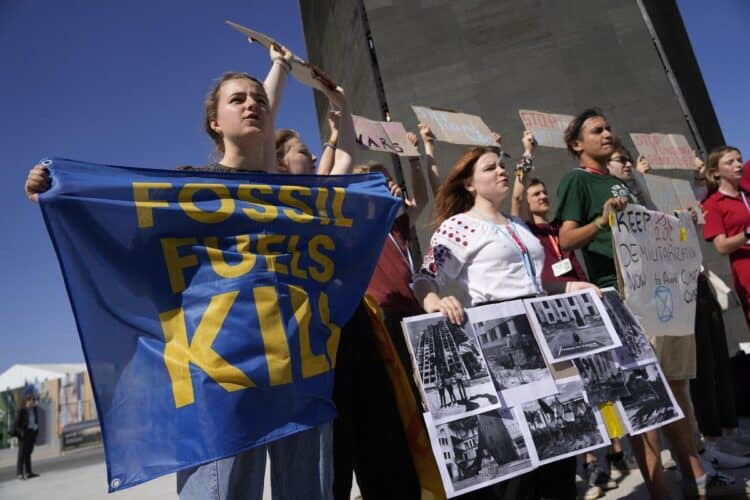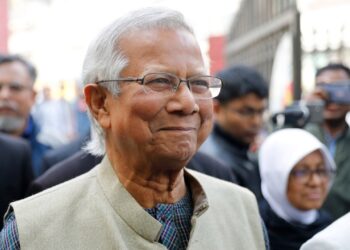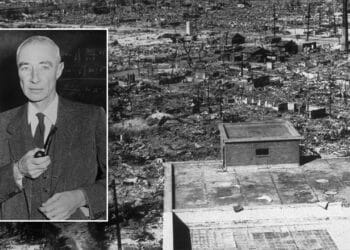[ad_1]
The negotiations at the U.N. climate summit last year (COP26) in Glasgow ended with an agreement on phasing down the unabated use of coal instead of phasing out
The negotiations at the U.N. climate summit last year (COP26) in Glasgow ended with an agreement on phasing down the unabated use of coal instead of phasing out
As negotiators from 194 parties started working out a draft cover text at the U.N. climate summit in Egypt, India on Saturday said meeting the long-term goal of the Paris Agreement requires “phase down of all fossil fuels“, sources told PTI.
“Natural gas and oil also lead to emission of greenhouse gases. Making only one fuel the villain is not right,” a source in the Indian delegation attending the climate talks said.
The move paves the way for fierce debates during the second week of talks being held in the resort town of Sharm el-Sheikh from November 6 to 18.
Citing the Sixth Assessment Report of the Intergovernmental Panel on Climate Change, Indian negotiators told the Egyptian COP27 presidency that meeting the long-term goal of the Paris Agreement “requires phase down of all fossil fuels”.
“Selective singling out of sources of emissions, for either labelling them more harmful or labelling them ‘green and sustainable’ even when they are sources of greenhouse gases, has no basis in the best available science,” the Indian side said.
It should be acknowledged that “all fossil fuels contribute to greenhouse gas emissions”, India said and urged “acceleration of the global clean energy transition, as per national circumstances”.
The Indian negotiators said the basic principles of common but differentiated responsibilities, equity, and nationally determined nature of climate commitments under the Paris Agreement “need to be strongly emphasised in the cover decision text”.
They emphasised that “we continue to live in an unequal world with enormous disparities in energy use, incomes and emissions”.
Cover decision negotiations started on Saturday with the countries proposing what they would like to be included in the final deal.
The negotiations at the U.N. climate summit last year (COP26) in Glasgow ended with an agreement on phasing down the unabated use of coal instead of phasing out.
Also Read | COP27 | Leaders push for climate action, fossil tax at U.N. talks
Aarti Khosla, Director, of Climate Trends, said, “The fundamentals of just transition are indeed about moving away from hydrocarbons and towards clean energy systems. The way the partnership models are evolving between developed countries like the U.S., Germany, the U.K. and a few others, it is primarily emphasizing shunning coal dependence in emerging economies. That’s a logical pathway.”
“However, given the complete lack of trust in the negotiations, the unfulfilled promises of finance by developed nations, and the ongoing energy wars in Europe, India is taking a vigilant stance and demanding the transition also include oil and gas, which the western economies are heavily dependent on. Unless the vicious circle of lack of trust is not broken, the energy transition conversations will not lead to any outcome.”
India also desired that countries “recognise that the global carbon budget is shrinking rapidly and the necessity of its equitable sharing”.
Carbon budget is the amount of carbon dioxide that the world can emit while still having a chance to contain global warming within 1.5 degrees Celsius compared with preindustrial levels, as set down by the Paris Agreement.
[ad_2]
















